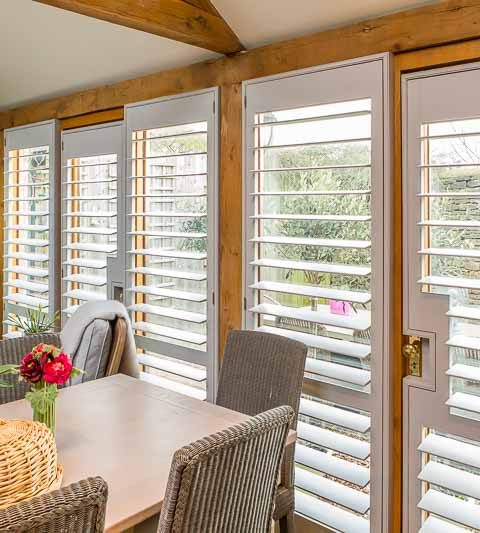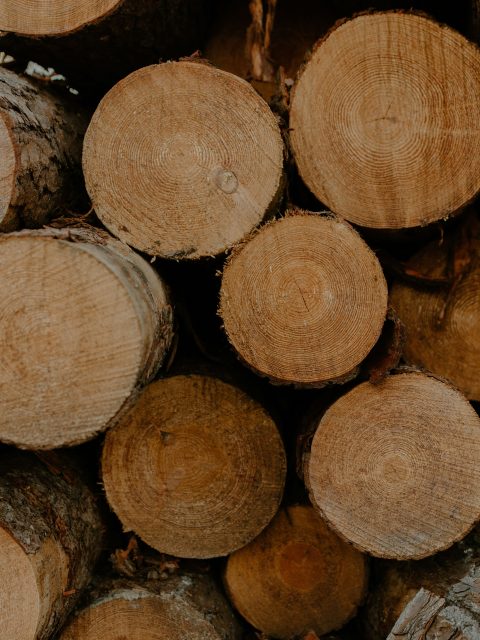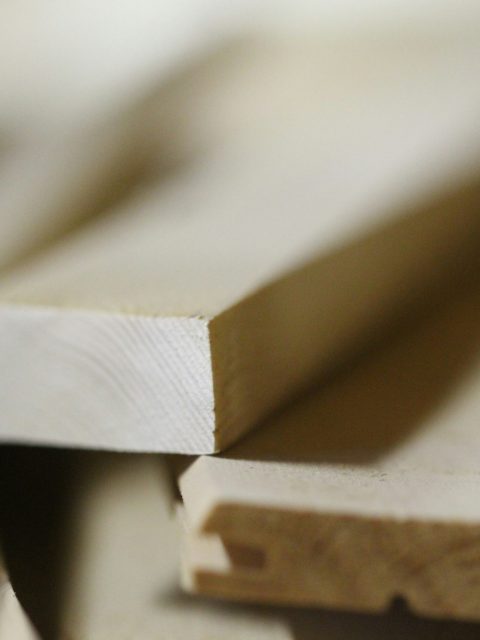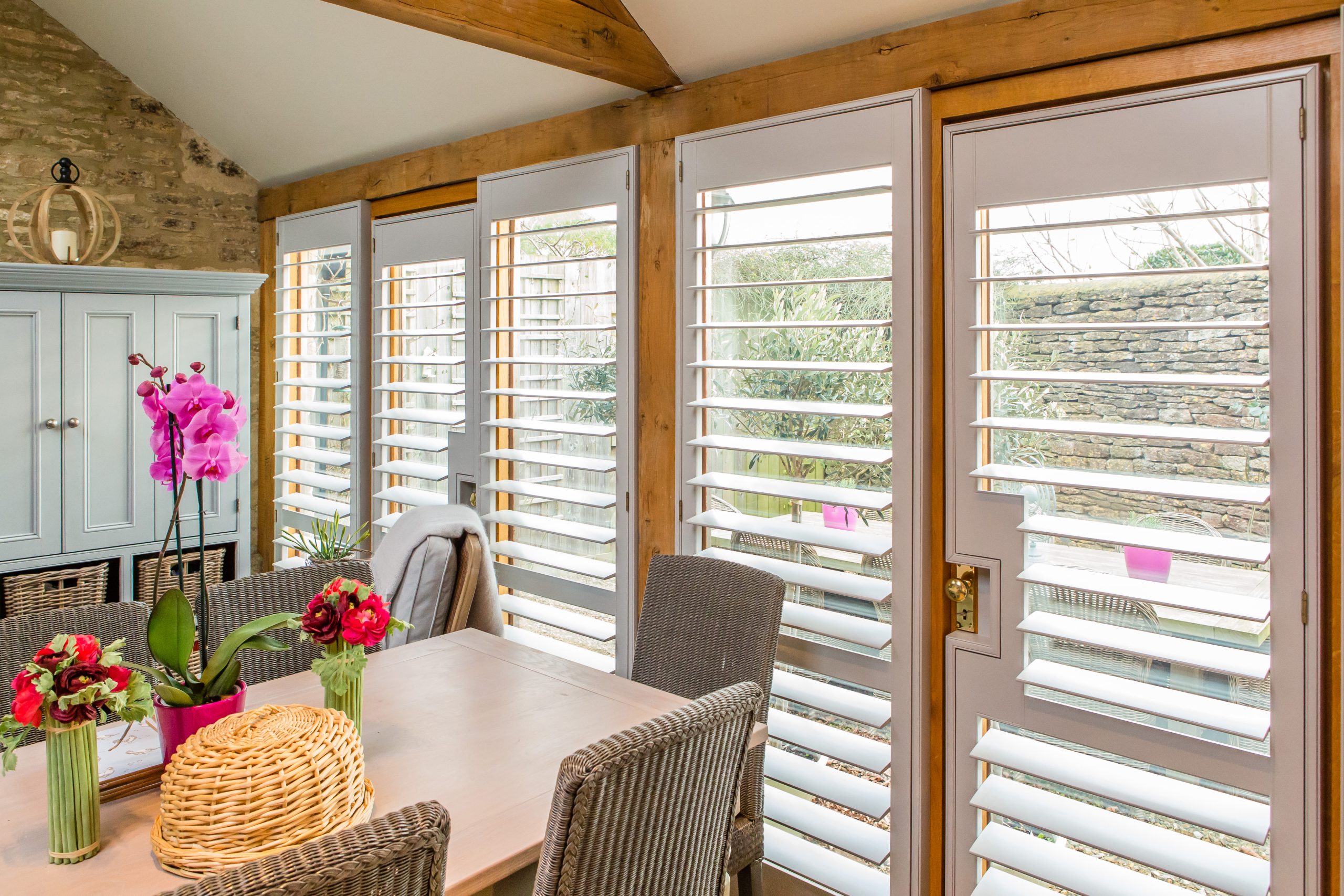Commitment To Ethical Sourcing
Just Shutters: Commitment to Ethical Sourcing and Environmental Responsibility Plus suitability of materials.

Just Shutters: Commitment to Ethical Sourcing and Environmental Responsibility
In an age where transparency and ethical practices in business are more important than ever, Just Shutters stands at the forefront of advocating for responsible sourcing and sustainability. We believe it is crucial for our customers and the broader community to be well-informed about the origins of the products they choose to incorporate into their homes. This is why we are reaching out to ask a vital question that concerns us all:?Do you know where the timber for your plantation shutters comes from?
Recent global developments have cast a spotlight on the urgent need for accountability in sourcing practices, especially regarding timber products. Reports have increasingly indicated that some plantation shutters available in the market might be manufactured using timber sourced from uncertified sources, including potentially illicitly logged woods from regions like Russia. Such practices not only raise significant ethical concerns but also contribute to environmental degradation and, in some cases, the funding of conflicts.
Just Shutters wants to assure our customers and stakeholders that we stand against such practices. Our engineered timber shutters are manufactured exclusively from timber sourced from certified, responsible suppliers in New Zealand and Australia. By choosing Just Shutters, you are making a choice not only for quality and durability but also for peace, sustainability, and ethical responsibility.

Just Shutters: Commitment to Ethical Sourcing and Environmental Responsibility
We are proud to confirm that our products do not contribute to the funding of conflicts or wars, including the situation in Ukraine. Our commitment to ethical sourcing and environmental stewardship ensures that when you choose Just Shutters, you are choosing a product that aligns with the values of conservation, sustainability, and peace.
Just Shutters invites our customers and the public to join us in this commitment to ethical sourcing and environmental responsibility. Together, we can make informed choices that reflect our shared values and contribute to a better, more sustainable world.
For more information on our sustainable practices and products, please visit our website or contact us directly. Let’s make conscious choices together.

Wood Selection in Shutters: The LockWood Difference
In the competitive UK shutter market, many lower-priced hardwood options are crafted from Paulownia wood. Known for its rapid growth and lightweight nature, Paulownia, despite being labelled as “hardwood,” is prone to dents and marks due to its softness. Its grain, which is notably spaced out, often requires the application of a Gesso filler to achieve a smooth surface suitable for painting. However, this process can leave the finish vulnerable to chipping and marking. The majority of Paulownia used in shutters is sourced from regions such as Northern China and Russia.
Contrastingly, Just Shutters’ exclusive LockWood range stands out by utilizing only high-quality timber celebrated for its fine, consistent grain alongside superior strength and durability. LockWood boasts nearly 2.5 times the dent resistance of Paulownia and offers double the strength in terms of breakage and compression resistance*. Each piece of LockWood is meticulously formed and sanded, creating the perfect foundation for our exceptional 5-stage paint process. Moreover, LockWood is FSC Certified, ensuring it meets the highest standards for sustainable forestry.?
*Source – The Wood Data base

Janka Hardness Scale
Understanding the Janka Hardness Scale
The Janka hardness scale offers a method to gauge the resistance of wood against denting and wear. This scale was introduced in 1906 by Gabriel Janka, an Austrian-born researcher who made significant contributions to wood science in America. Today, Janka’s method is widely recognized as the definitive way to assess the hardness of wood varieties.
The principle behind the Janka test is simple: the higher the scale number, the more resilient the wood is to dents and scratches. For those interested in exploring the full extent of the Janka hardness scale, a comprehensive table is available for reference.
Measuring Hardness with the Janka Scale
The test calculates the amount of force required to press a 0.444-inch steel ball to half its diameter into the wood or product tested. This is typically conducted on a 2 by 6-inch wood sample with a minimum thickness of 6-8mm. The force measured in pounds-force (lbf) indicates how much is needed to achieve this penetration.
For instance, Paulownia wood registers at 1330 lbf on the Janka scale, meaning it requires 1330 pounds of force to embed the steel ball halfway. LockWood, on the other hand, has a Janka rating of 3150, showcasing its greater resistance. Moreover, Premier MDF scores an impressive 4000*, tripling the hardness compared to Paulownia.

Janka Hardness Scale
The Importance of the Janka Scale in Flooring and Beyond
Although the Janka hardness scale is primarily employed within the flooring industry to evaluate wear resistance, its relevance extends to other wood products like plantation shutters. Given the daily demands placed on shutters, especially in homes bustling with children and pets, understanding the durability of different wood types is crucial.
This durability is essential for maintaining the integrity of the wood’s finish under stress. High-hardness woods like LockWood or Premier MDF are less likely to suffer from dents and damage, thus preserving the finish. In contrast, softer woods such as Poplar or Paulownia, while easy to paint, may not hold up as well against impacts, leading to potential finish damage.
For a visual demonstration of how the Janka hardness test is performed, including the impact on different wood specimens, refer to this detailed image from ResearchGate.
Get in touch today
Call us on 0345 894 0700 or email us
at information@justshutters.co.uk

